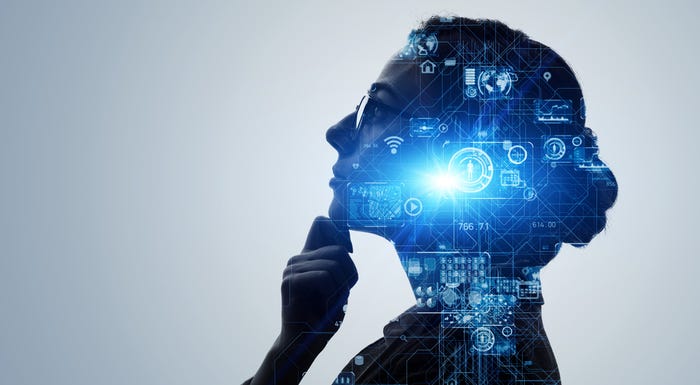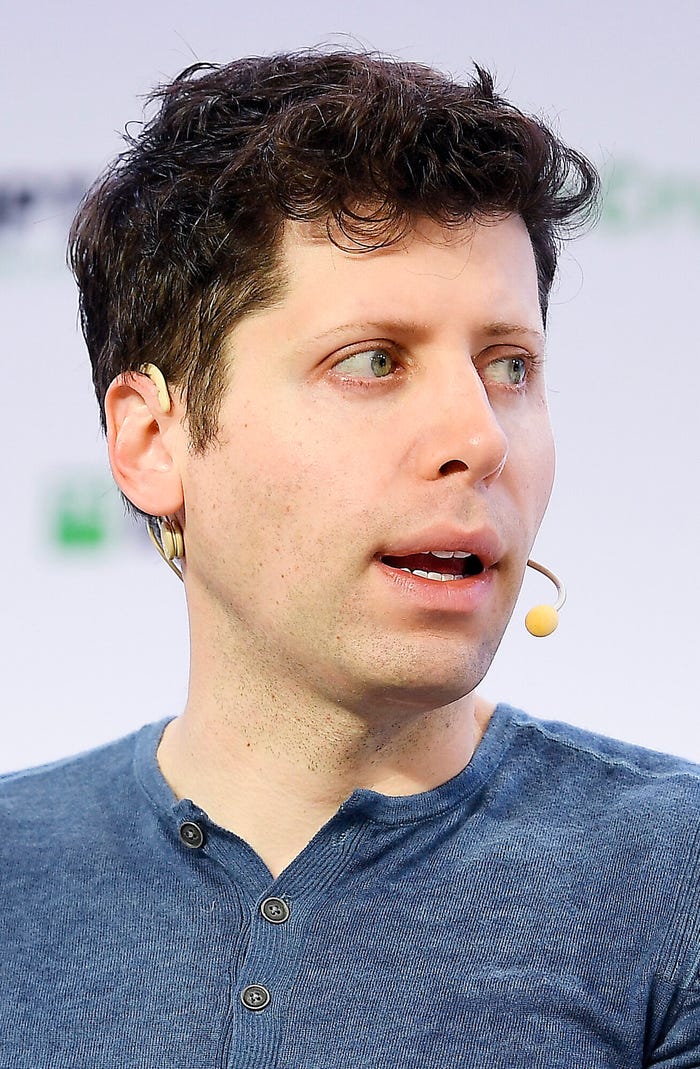OpenAI CEO Sam Altman testified before the U.S. Senate on Tuesday, the same day Elon Musk ranted to CNBC about OpenAI.

As billionaire business leaders like Elon Musk and OpenAI CEO Sam Altman debate the best path forward for generative AI programs and their regulators, partners in the B2B technology channel are already making use of solutions like ChatGPT-4.
AI and ChatGPT have dominated dinner conversations over the last few months, and those topics are getting extra play in the news cycle this week. First, Sam Altman on Tuesday appeared before the U.S. Senate Judiciary Subcommittee Privacy, Technology and the Law. There he defended the steps OpenAI has taken to protect children online and mitigate ChatGPT’s spread of misinformation. He also called for the creation of a regulatory government agency to provide oversight of generative AI.
“I think if this technology goes wrong, it can go quite wrong. And we want to be vocal about that,” Altman told senators. “We want to work with the government to prevent that from happening. But we try to be very clear-eyed about what the downside case is and the work we have to do to mitigate that.”

Bradley Shimmin, Omdia chief analyst for AI and data analytics, pointed out that Altman was making an argument for more than just general regulations on generative AI programs like OpenAI’s ChatGPT, Dall-E and Google’s DeepMind. (Omdia and Channel Futures are both part of Informa Tech.) Shimmin said Altman was encouraging lawmakers to increase restrictions on open-source generative AI providers, which do not include OpenAI or Google. This hearing occurred less than two weeks after a leaked Google memo expressed the concern that neither Google nor OpenAI “have a moat” to fend off open-source competitors leveraging Meta’s LLaMA language model.

Omdia’s Bradley Shimmin
“What Altman was reiterating to Congress is, ‘This is not something that should be open in the wild, because people are going to do nefarious things with it. You need to ‘trust the experts,'” Shimmin told Channel Futures.
OpenAI launched in 2015 as an open-source, nonprofit project but in 2019 transitioned into a “capped-profit” company. Microsoft in January announced a $10 billion investment in OpenAI which would reportedly ultimately give it a 49% stake in the organization.
Multi-company CEO Elon Musk was one of OpenAI’s co-founders, but he left the company’s board in 2018, citing his concerns over the increasing privatization of the company. Musk in an interview with CNBC’s David Faber on Tuesday lambasted OpenAI for its movement away from a nonprofit and open-source model and raised concerns about Microsoft’s controlling influence on OpenAI as an investor.
Channel Futures turned to Shimmin to help read between the lines on Altman and Musk’s comments and get a better understanding of the debate between open-source and closed-source generative AI models. In addition, Channel Futures heard from Kyle Burt, founder and chief technology advisor at partner firm Catch Advisors about how how he is using ChatGPT to automate his business in multiple areas.
Read all of the commentary and observations in the slides above.
Want to contact the author directly about this story? Have ideas for a follow-up article? Email James Anderson or connect with him on LinkedIn. |
About the Author(s)
You May Also Like


